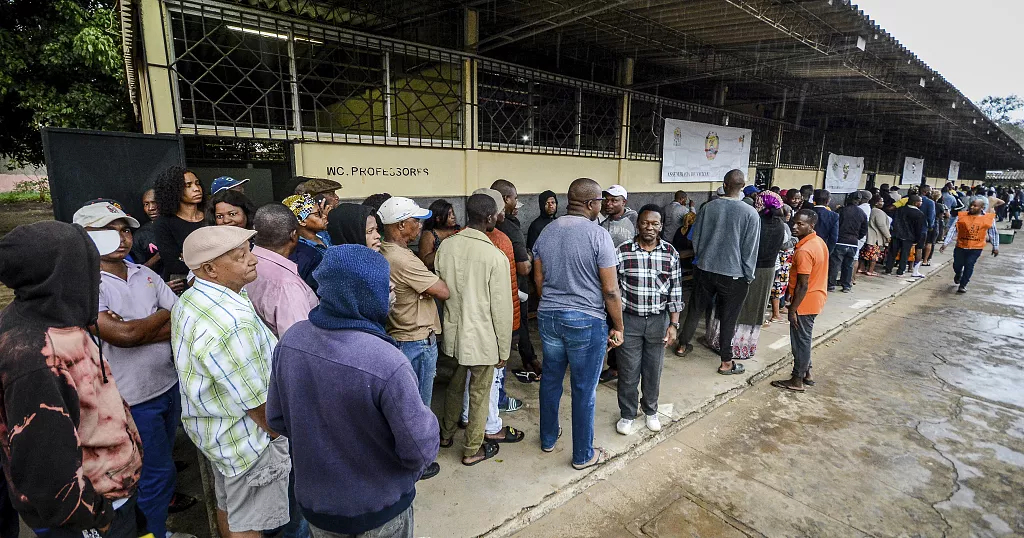Africa
Mozambique Votes in Pivotal Election as Citizens Head to Polls

Voting is currently underway in Mozambique as citizens participate in a key election that could shape the country’s political landscape. The election is being closely monitored for its implications on governance and stability.
On Wednesday, Mozambique is holding a presidential election that could potentially prolong the ruling party’s nearly 49-year tenure since the southern African nation achieved independence from Portugal in 1975.
Daniel Chapo, 47, is the candidate from Mozambique’s ruling party, the Front for the Liberation of Mozambique (Frelimo), aiming to succeed President Filipe Nyusi after he has completed his maximum two terms in office.
Analysts suggest that 50-year-old independent candidate Venancio Mondlane is expected to pose the most significant challenge to Chapo and Frelimo’s dominance.
READ ALSO:Voting Ends in Tunisia’s Presidential Election Amid Political Uncertainty
In a nation of approximately 33 million individuals that endured a brutal 15-year civil war ending in 1992 and has recently been unsettled by an ongoing violent jihadist insurgency in the north, people will also vote to determine the composition of Parliament and select provincial governors.
Bringing stability to Cabo Delgado province, where 1.3 million people have been displaced and more than half remain without homes, is a commitment made by both leading candidates. Ending the insurgency remains crucial, while voters are primarily concerned with issues such as poverty, youth unemployment, and government corruption.
